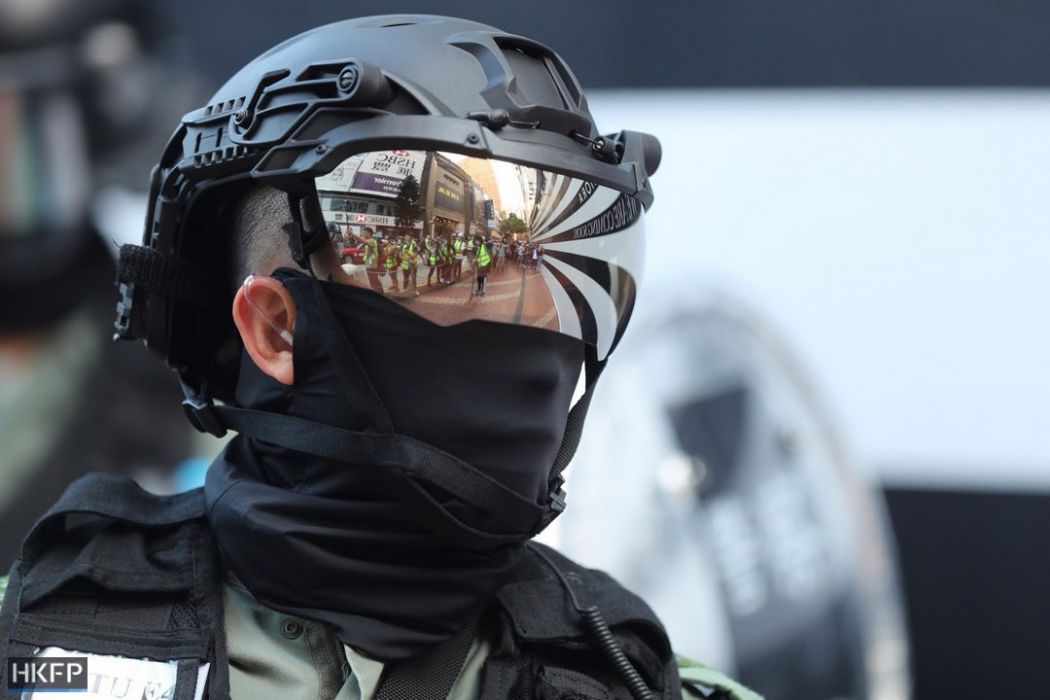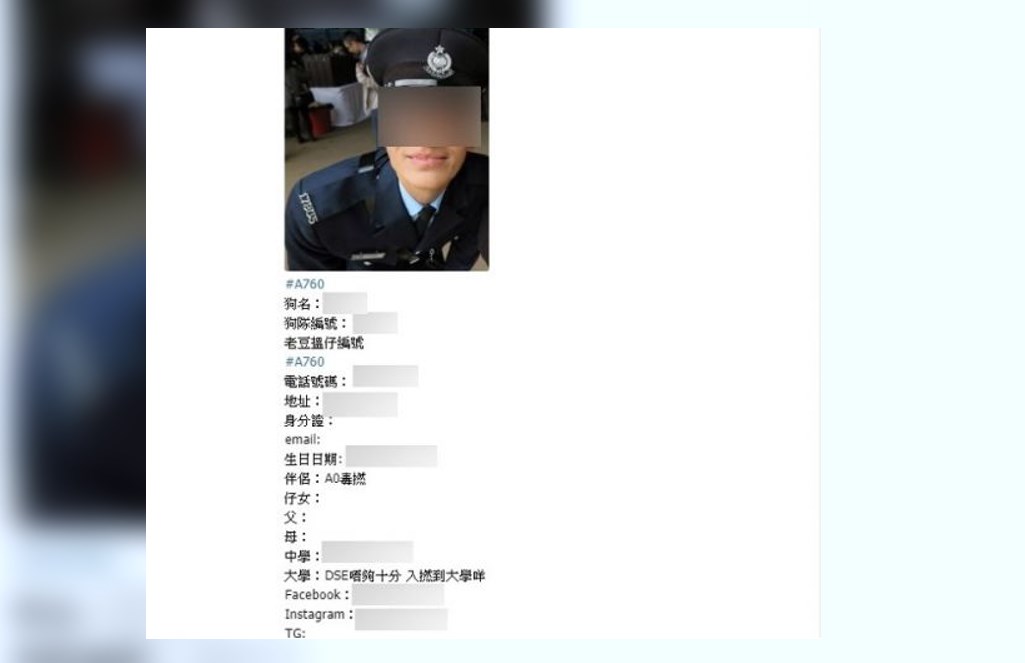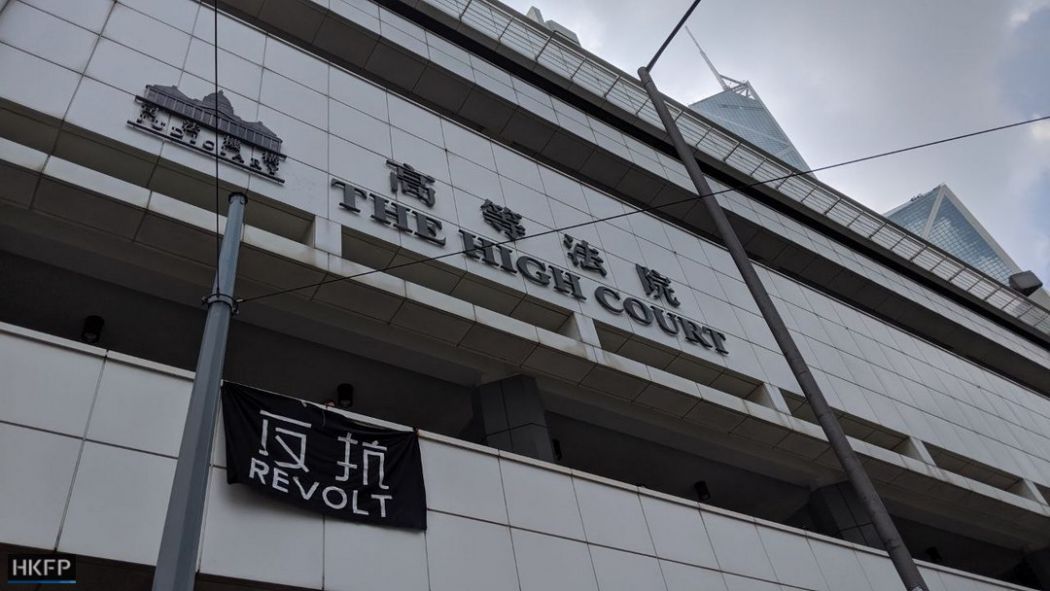The High Court on Friday extended an injunction to stop the disclosure of personal data of police officers and their families, but ruled that the measure would not apply to journalists.
On October 25, Hong Kong police obtained a temporary court order which prohibits the nonconsensual disclosure of personal information – known as “doxxing” – as well as “intimidating, molesting, harassing, threatening, pestering or interfering [with]” officers, their spouses and families.

Judge Russell Coleman on Friday extended the injunction indefinitely, saying that he agreed there was a need to protect officers who were facing pressure when executing their duties.
Coleman also approved an application from the Hong Kong Journalists Association (HKJA), which called for a blanket exemption from the media. The HKJA made their argument on the grounds of press freedom, adding that the government should not restrict the press from monitoring the police.
The Department of Justice told the court that the injunction was not targeted at the press. However, legitimate news reports could be misused to doxx police officers, the government lawyer added.
Coleman replied saying that a balance had to be struck between press freedom and privacy protection and that there was no indication of journalists participating in doxxing officers. The injunction would still apply to unlawful scenarios such as fake journalists and falsified reports, he said.

HKJA Chairperson Chris Yeung said after the ruling that he was glad that the court approved the application and that a lack of an exemption would have created a chilling effect, prompting self-censorship.
Yeung said that the judge underscored the importance of the press, adding that journalists in Hong Kong are already sufficiently regulated by their employers and privacy laws.
The injunction has been amended to exclude people engaging in “news activity” as defined under section 61 of the Personal Data (Privacy) Ordinance. Coleman also removed “interfering” from the list of banned acts, so that only “intimidating, molesting, harassing, threatening, and pestering” remained.

In a previous statement, police said officers have been affected by “nuisance and intimidation” since the citywide pro-democracy protest movement began in June. Some have received harassing calls, threatening letters, or had their identities stolen to apply for loans or make online purchases, the force said.
The rise of doxxing was what prompted the force to seek help from Hong Kong courts: “These acts constitute serious intimidation and harassment to the police officers and their family members, causing grievous concern over their personal safety and mental distress,” their statement read.
Hong Kong Free Press relies on direct reader support. Help safeguard independent journalism and press freedom as we invest more in freelancers, overtime, safety gear & insurance during this summer’s protests. 10 ways to support us.

